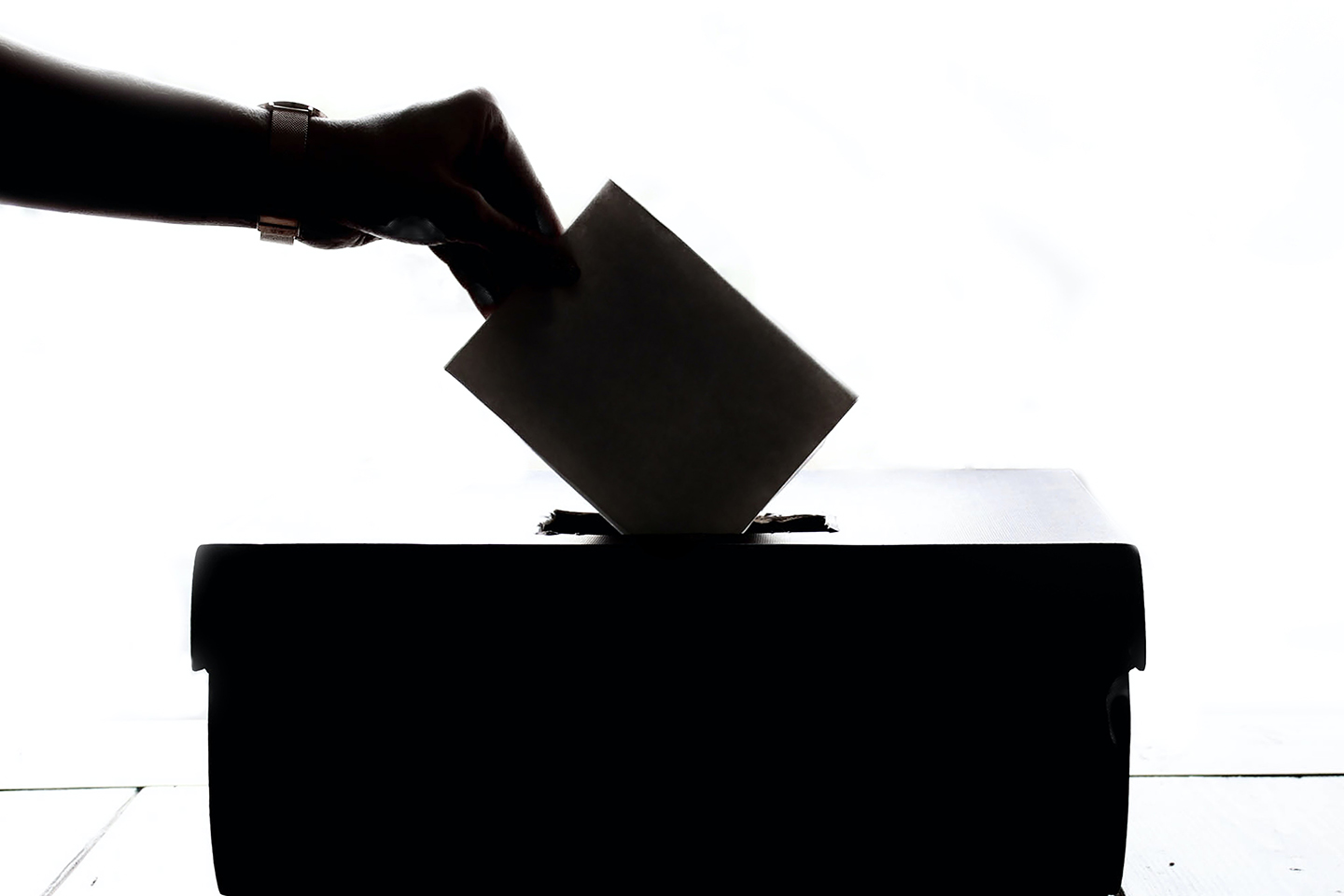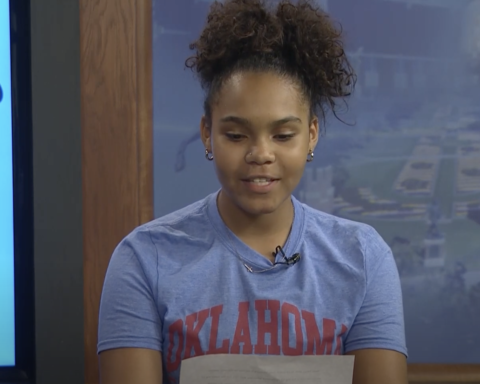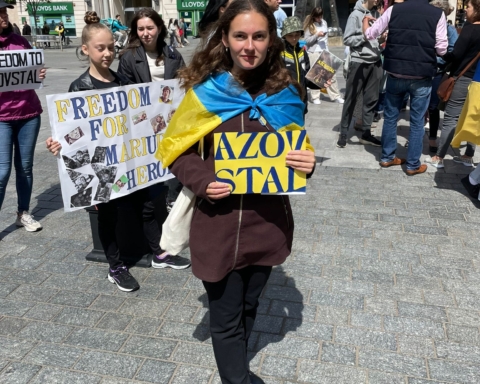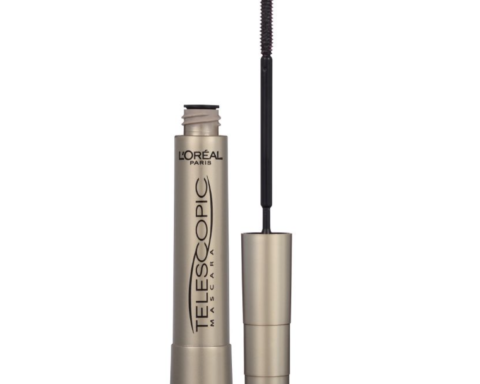By Claire Ash, Edmond Santa Fe High School
Should people under the age of 18 be allowed to vote?
That question rose in my mind this spring in connection to an election in my hometown of Edmond in which a position on the local school board was in voters’ hands.
Two candidates were running for District 2, Cheryl Williams and Courtney Hobgood. Williams campaigned against diversity in schools.
“The political indoctrination in the classroom has to stop,” she said on camera in a Feb. 8 school board meeting. “We have seen LGBT flags, paraphernalia and stuff in a classroom, that is inappropriate!”
Knowing that whoever was elected would have my education in their hands made me wish I could have a say since it would be affecting me; I was 15 when this event took place and I although I am not super involved in political issues, seeing how this would be affecting me, influenced me to look into it.
Getting a good education is important to me because I have goals of going to college and becoming an architect. To do so I want to make sure I can get a good education.
That’s why I think opening voting to a younger audience is something to consider. It can help people learn how to make important decisions at an early age, preparing them for the future. Voting can also give kids the opportunity to have a say in the things that will be affecting them.
There are lots of kids like me who care about their education and want to have a say in what’s going to affect them in local matters.
Opening the voting privilege to a younger audience can be risky, but several countries allow younger people to vote — with some even making voting mandatory.
In Argentina, people are allowed to start voting at 16. Voting is optional from ages 16 to 18, but when they turn 19 voting is no longer optional and made mandatory, according to Legal Scoops. According to the same site, voting is allowed at 16 in Austria, Germany, Cuba, Malta, Brazil and Isle of Man.
Conversely, the human brain is not fully developed until age 25. Even though an 18-year-old brain is still not fully developed, you are more mentally mature and have more knowledge and understanding of the world and politics than age 16.
I asked Aubrey Bogner, a 15-year-old who attends Piedmont High School, her thoughts.
“I agree with the voting age being at 18 because it allows ample time for said voter to learn the ins and outs of it,” said Bogner, a sophomore. “An 18-year-old or older also has more maturity than that of a 16-year-old.”
I also asked Austin Williams, a 16-year-old junior at Bethany High School, what he thought about letting people under age 18 vote.
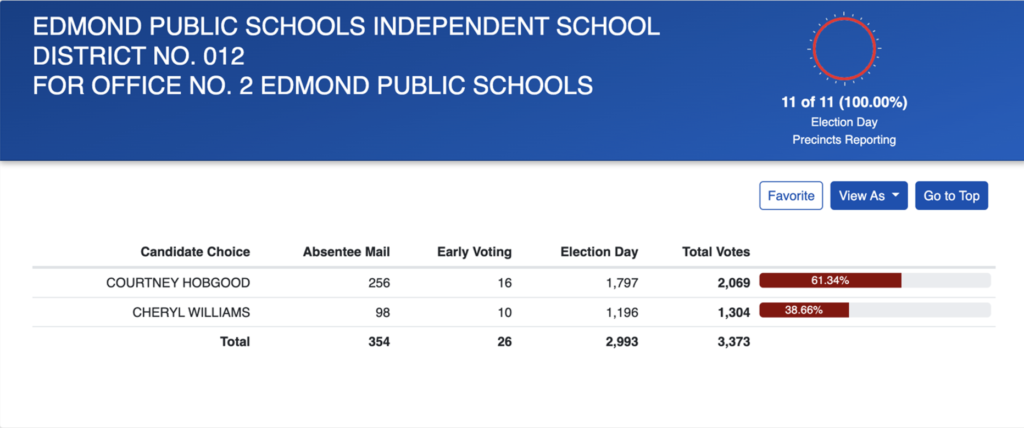
“Not at all, they’re not educated enough, they just go with what everyone wants,” he said.
The majority of people I talked to about their thoughts on this topic gave me a “yes but no” answer, meaning they found good and bad with both scenarios.
Some younger people might abuse the right without fully understanding how important their vote is; however, there are still people who are eligible to vote who do the same thing.Fortunately, the candidate I would’ve voted for if I were eligible won the Edmond School Board position. In a city of 93,000 people, the race came down to 3,373 voters. The margin of victory was 765 votes. For context, my high school has 2,357 students, approximately three quarters of which would be 16 or older.
In the end, it all illustrates the range issues to consider when debating who should vote.
Lowering the voting age to 16 in my opinion would be a good compromise. That way kids can have a say in what is affecting them but are still mentally mature enough to understand what is happening.
STUDENTS AT THE 2022 OIDJ WORKSHOP WEIGHED IN ON THE TOPIC OF VOTING AGE. In order of appearance in the video: Cate Slabotsky, Jeremiah McBurrows, Dalton Davis, Jensen McKey, Andi Anthony and Nora Neville.
Video by Claire Ash

